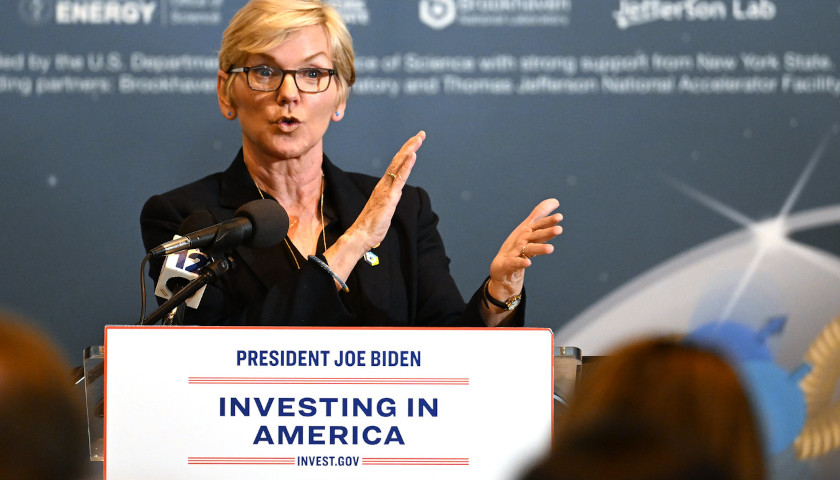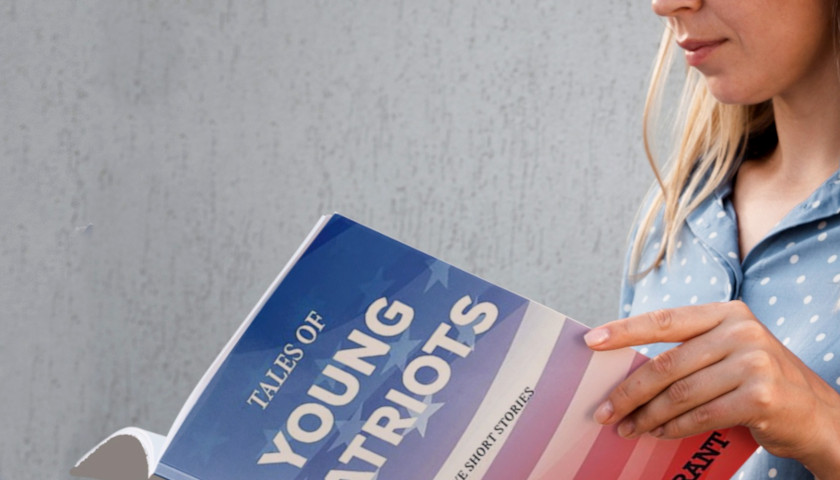by Eric Lendrum
In California, the first reparations panel in the nation has spent two years trying to decide which African-Americans are eligible for reparations.
According to the Associated Press, the state’s panel on reparations, which was first created following a law signed by Governor Gavin Newsom (D-Calif.) in 2020, has been plagued with internal divisions over how many black Americans should receive financial compensation for alleged “racism.”
Since it was first fomed in June, some of the panel’s nine members have argued that only direct descendants of actual slaves prior to the Civil War should receive handouts, while others call for a more liberal distribution of funds to every black American. The warring factions led to the panel delaying its originally-planned vote last month.
Despite having existed for two years, the panel has no concrete plan yet for what their reparations would look like. Supporters say that compensation would account for various historical instances of discrimination such as slavery, segregation, and alleged racism in incarceration rates. Some of the proposals for compensation include free college, grants to churches and community organizations, and financial handouts in buying homes and starting up businesses.
Kamilah Moore, the committee’s chairwoman, has voiced her support for only giving reparations to direct descendants of slaves, having pointed out that broader reparations based simply on race are far more likely to be struck down in court.
If the plan focused solely on race, then it would surely face “hyper-aggressive challenges that could have very negative implications for other states looking to do something similar, or even for the federal government,” Moore explained. “Everyone’s looking to what we’re going to do.”
But another committee member, Lisa Holder, argues that lineage does not matter in modern America, and that all black Americans are discriminated against.
“No one asked me if my ancestors were enslaved in the United States or if they were enslaved in Jamaica or if they were enslaved in Barbados,” said Holder. “We have to embrace this concept that black lives matter, not just a sliver of those Black lives, because black lives are in danger, especially today.”
A full report by the committee is due by June of this year, and a detailed reparations proposal is due by July of next year, at which point the state legislature will consider a vote to pass it into law.
– – –
Eric Lendrum graduated from the University of California, Santa Barbara, where he was the Secretary of the College Republicans and the founding chairman of the school’s Young Americans for Freedom chapter. He has interned for Young America’s Foundation, the Heritage Foundation, and the White House, and has worked for numerous campaigns including the 2018 re-election of Congressman Devin Nunes (CA-22). He is currently a co-host of The Right Take podcast.





